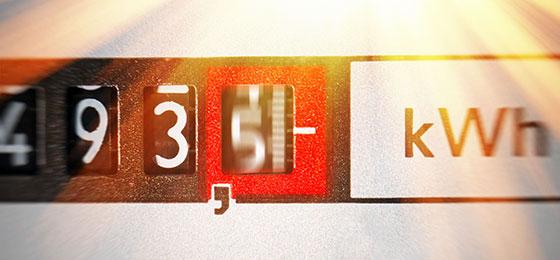Completed research project: Energy efficiency in households

The completed NRP 71 project analysed whether incentive tariffs could contribute to significantly reducing energy consumption in households.
The researchers led by Prof. Martin K. Patel from the Institute of Environmental Sciences at the University of Geneva studied two types of incentive tariffs, i.e. progressive tariffs (PTs), which penalise high electricity consumption, and electricity saving feed-in tariffs (ESFITs), which provide incentives for reducing electricity consumption. The project team also analysed what concrete technical measures could be implemented in households and estimated the generated energy savings and costs.
It was revealed that one quarter to one third of all households showed high acceptability for a tariff that combined an incentive for reaching an energy saving goal (bonus) and a disincentive for failing to reach this goal (malus). One important limitation is, however, the level of representativeness and the applicability of the results to the whole Swiss population. Furthermore, the implementation of such tariffs in Europe is challenging due to the liberalisation of the energy markets, they require large-scale implementation of smart meters and may have undesired distributional effects.
